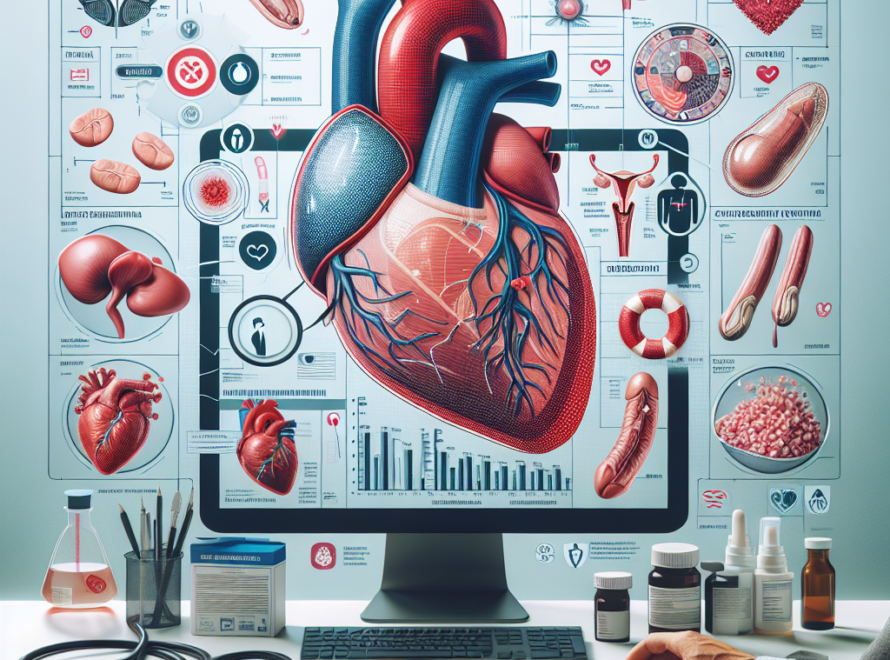When a man notices his hairline is beginning to shrink, so do not opt to go quietly into that good hair night. Instead, they enlist the aid of various medications and applications that are said to encourage hair growth, in an attempt to stop the steady march of time. While not wanting to lose your hair is certainly understandable, medications designed to battle hair loss have been found to cause issues elsewhere in the body, essentially trading a full head of hair for other, more embarrassing issues. Case in point: Extensive studies have found that male pattern hair loss medications can cause erectile dysfunction.
While hair growth and erectile health may seem like the most unrelated issues your body could possibly have, the connection is very real. This is because hair loss medications such as dutasteride (better known by its brand name Avodart) and finasteride (which you may know as Proscar and Propecia) work by reducing dihydrotestosterone in the body.
Dihydrotestosterone is found within the blood stream of the body, and research has found that reducing the dihydrotestosterone levels of the body can encourage hair growth. But it’s not like dihydrotestosterone is just staying in your body doing nothing; in fact, dihydrotestosterone is primarily responsible for regulating your sex drive.
Yep, dihydrotestosterone is a male sex hormone, and its job is alerting the body when it’s time to get down to business between the sheets. While lessening its presence in the blood stream can help hair to grow back, it can also lead to a loss in sex drive, which translates into an inability to achieve an erection.
If you’re looking to combat hair loss, it might be wise to explore alternative avenues. Taking these aforementioned medications certainly might help, but your erection could end up paying the price.

